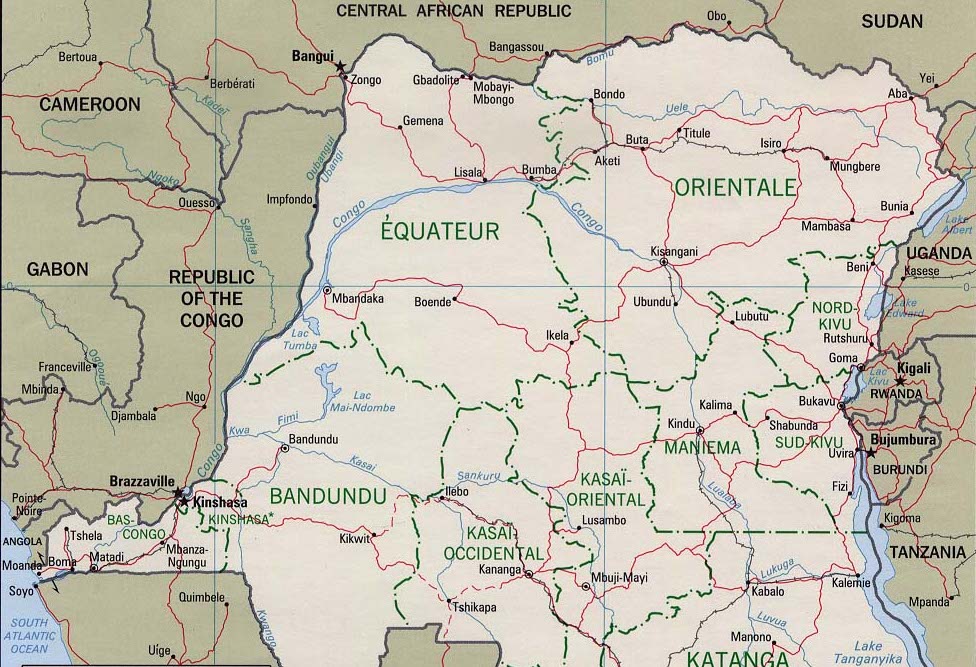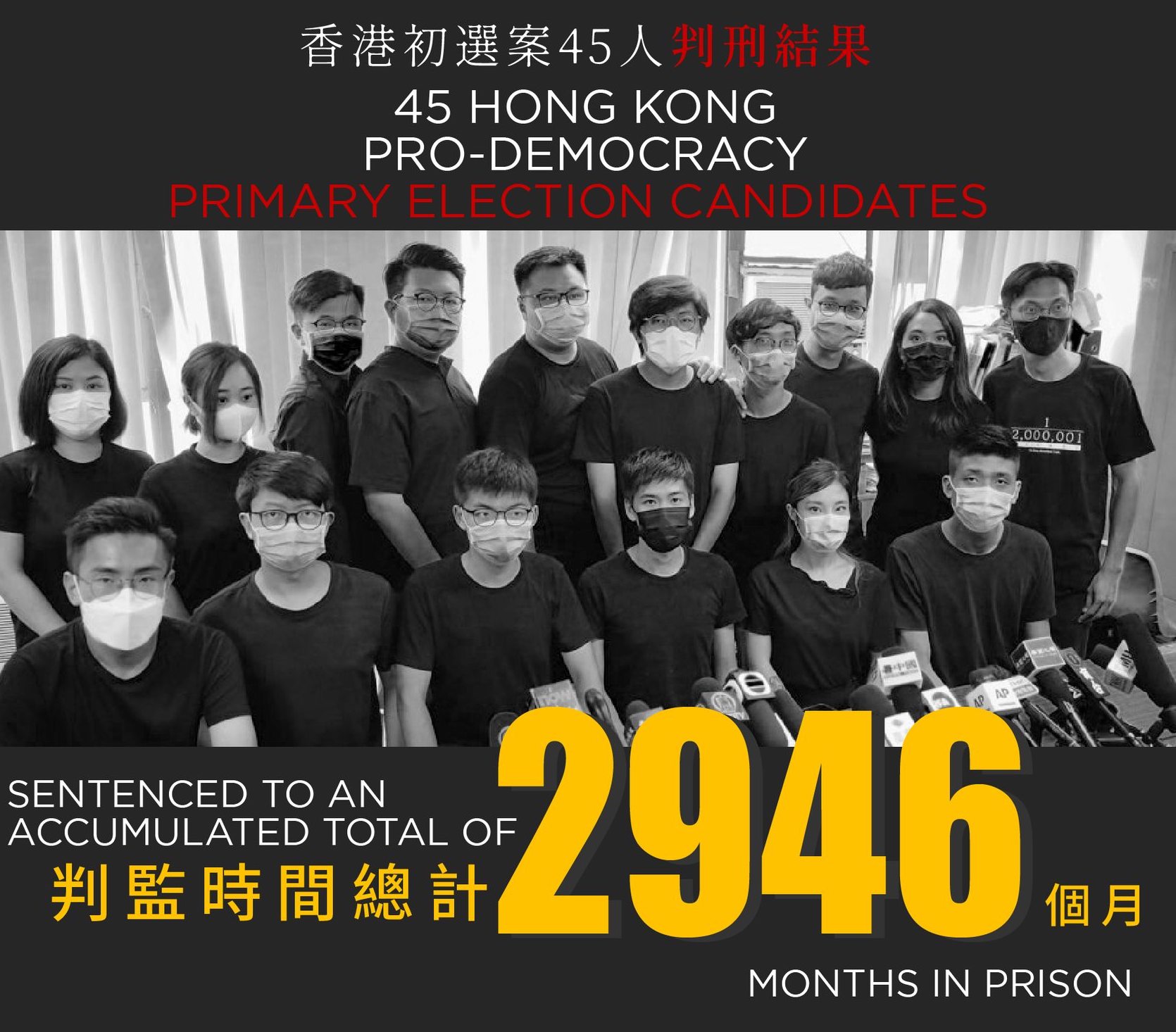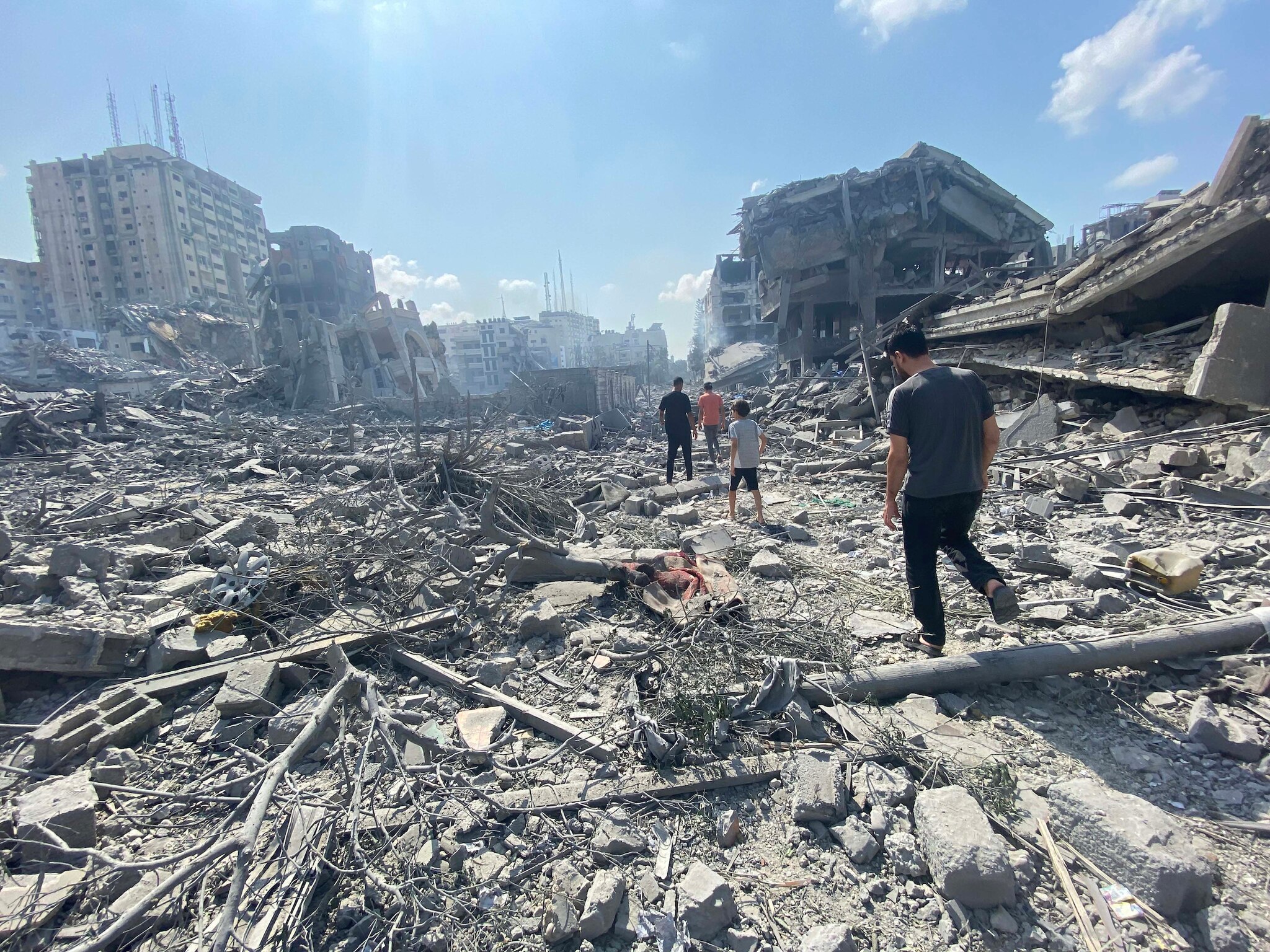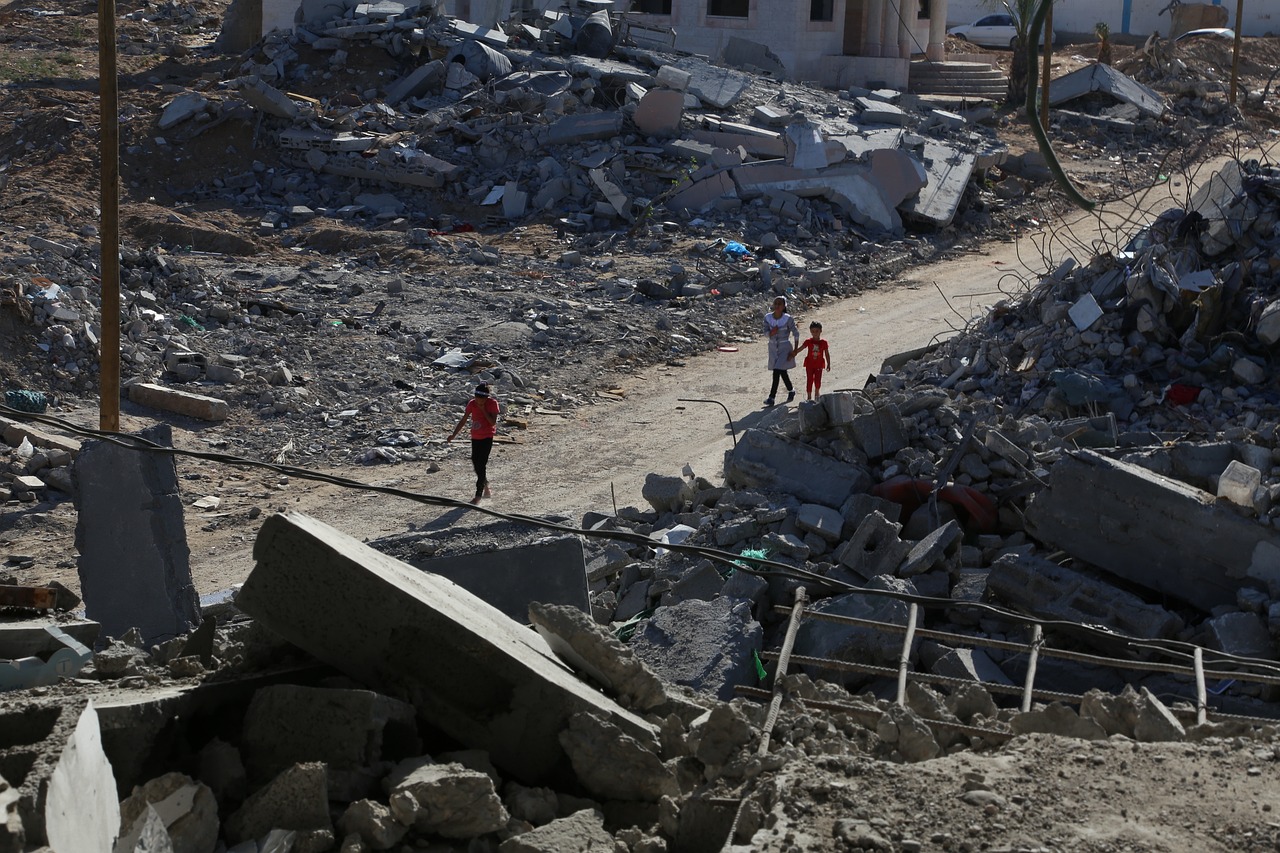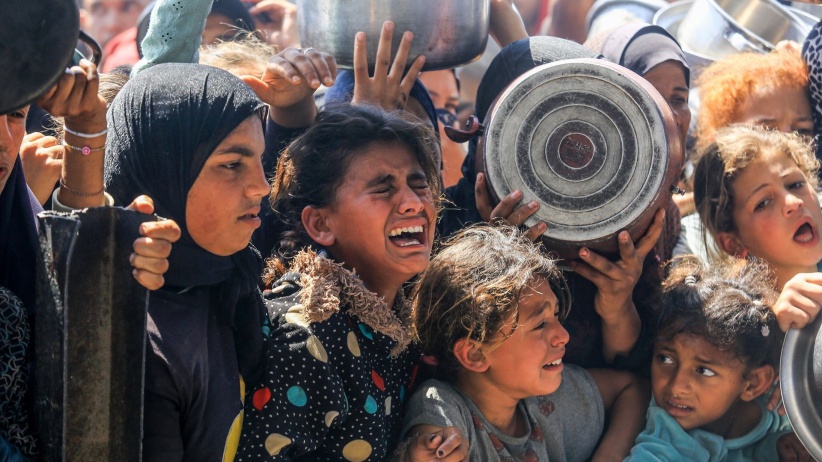
World Court hears challenge to Israel’s UNRWA ban
The International Court of Justice held hearings on Israel’s ban on cooperation with UNRWA, the UN’s agency for Palestine refugees. It could take some time for a (non-binding) ruling on Israel’s move to cut ties with UNRWA, and it has already been two months since Israel reinstated its full siege on Gaza, blocking the entry of aid and commercial goods while bombarding the territory. On the ground in the Strip, the situation is becoming more dire by the day. UNICEF says vaccines are quickly running out, disease is spreading, and malnutrition is on the rise. Amnesty International says the past two months of renewed siege constitute a “genocidal act, a blatant form of unlawful collective punishment, and the war crime of using starvation of civilians as a method of warfare.” (Photo: Maan News Agency)





